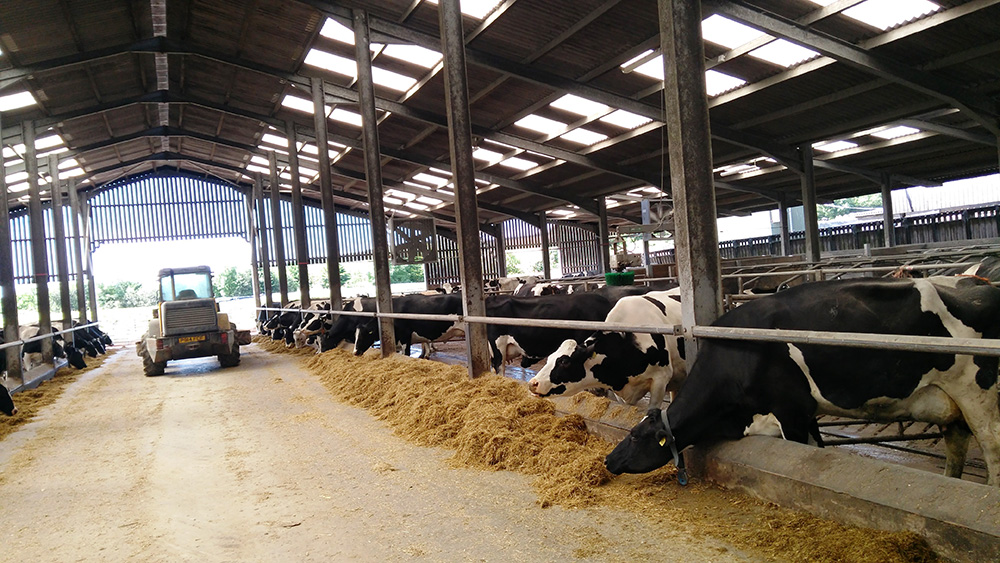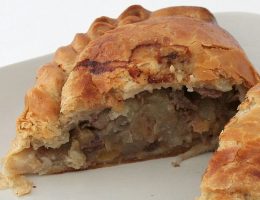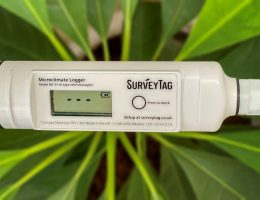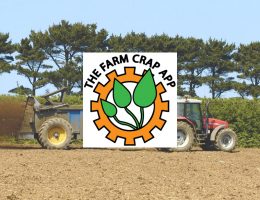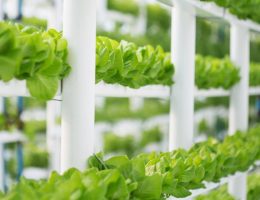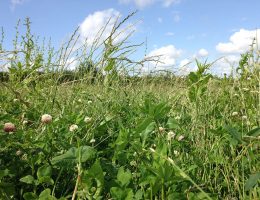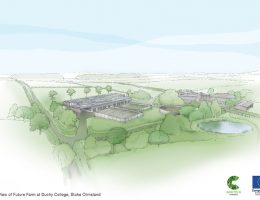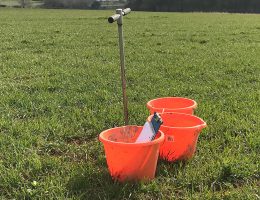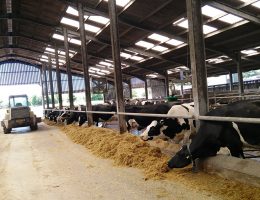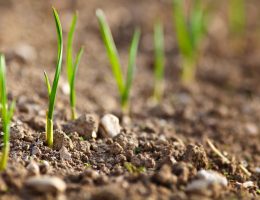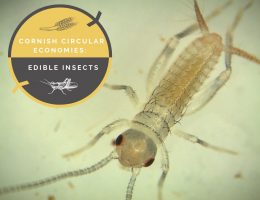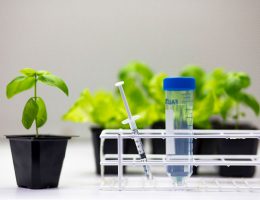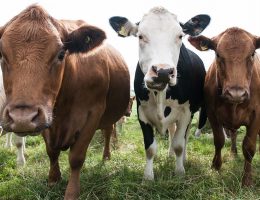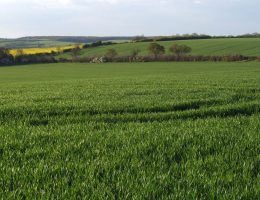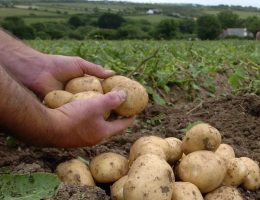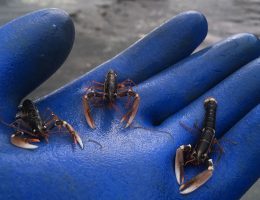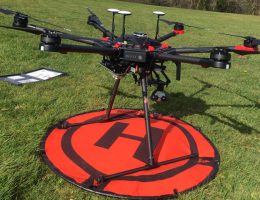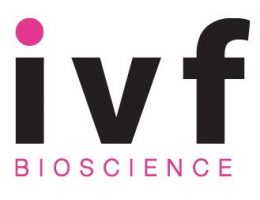This project included work on whey-based calf milk replacers for dairy replacements, the use of digital technologies to encourage the move to data-driven livestock management, hair cortisol as a stress diagnostic marker, and a new technology to provide clean water to livestock. This involved working with five SMEs, and although the project was affected by Covid, its outcomes were achieved.
The calf trials showed that using processed milk by-products (whey) as a milk replacer was effective, as was using prebiotic additives and functional proteins to allow calves to resist disease and achieve target growth rates.
Our rumen bolus work demonstrated the difficulties of transferring existing technologies across to the livestock sector. (Cows have four stomachs; the rumen is the first one to receive whatever it’s passed from the oesophagus.) We sought to use its temperature data to predict and therefore manage calving, diseases and oestrous activity (i.e., when the cow’s receptive to mating).
The hair cortisol work established the ideal sampling site in terms of convenience, as well as consistency of cortisol levels.
The calf trials were fully utilised to enhance the curriculum, meaning students gained practical and data-handling skills. Their involvement in ‘real life’ research saw significantly improved outcomes, and three research papers have been produced as a result.
Key to this initiative’s legacy is its demonstration of Duchy College’s capacity to carry out meaningful research for dairy farmers and the whole sector. This explains animal nutrition company Volac International Ltd’s continuing involvement in the calf work. The business is also keen for our team to oversee additional trial work at the Bicton College farm (also part of The Cornwall College Group) in 2022.
The project also led to a successful bid with Cornwall Council, which involves evaluating the dairy performance and greenhouse gas emissions associated with different feeds and slurries, as well as a knowledge-transfer programme to reduce Cornish dairy farmers’ carbon footprint.
Three further regional companies are interested in sponsoring research at the Future Farm facility, along with two national livestock breeding companies and a regional SME to test its biological silage additive to reduce cattle slurry emissions.
For further information, please contact Rachel Abrahall at; rachel.abrahall@duchy.ac.uk / 07877035795 or Alex Huke at a.r.huke@exeter.ac.uk / 01326 255844.
Impact
The range of trials within the Dairy Cow Welfare project included work on whey-based calf milk replacers for dairy replacements, the use of digital technologies to encourage the move from intuitive to data-driven approaches to livestock management, hair cortisol as a dairy cow stress diagnostic marker and a new technology to provide clean water to livestock. This involved working with five SMEs, four of which were utilising their technologies within the agricultural sector for the first time.
Although the work was affected by the Covid pandemic through delays in the construction of the Future Farm Dairy research and restrictions on non-essential staff working with livestock at the Duchy College farm, outcomes were achieved.
The series of calf trials demonstrated the effectiveness of using processed milk by- products (whey) as a milk replacer for dairy replacements, the positive effects of prebiotic additives and functional proteins to allow calves to overcome disease challenges and so achieve target growth rates.
The rumen bolus work demonstrated the difficulties of transferring existing technologies across to the livestock sector. The aim was to utilise rumen temperature data to predict calving, disease onset and oestrous activity with more accuracy to allow more precise management interventions. The initial work on covering on-farm practicality demonstrated clearly the difficulty of continued data transmission of data from one cattle bolus system and the lack of ability for the data receptor system to receive data on a second system.
The hair cortisol work established the ideal sampling site in terms of ease of sampling and consistency of cortisol levels.
The calf trials in particular were fully utilised to enhance the curriculum, enabling students to gain practical livestock and data handling skills. Data was utilised to reinforce statistical analysis and in the research projects of the degree-level students. Indeed the involvement in ‘real life’ research encouraged students to attain significantly improved outcomes.
Three research papers have been produced as a result of the research carried out.
Legacy
A key part of the legacy of the dairy cow health and welfare initiative is the demonstration of Duchy College’s capacity to carry out meaningful research for dairy farmers and the dairy sector as a whole. This is demonstrated by the desire of the animal nutrition company, Volac International Ltd., to continue its involvement the calf work, begun in collaboration with Saputo Dairy UK over the coming years. Indeed, it also wants the Duchy College team to oversee the protocols and delivery of additional trial work at the Bicton College farm (also part of The Cornwall College Group) in 2022.
A further demonstration of the legacy is work secured through a successful bid with Cornwall Council, the Intereg-funded Agriculture Bas Carbon Dairy (ABCD). This involves evaluating different feeds on dairy performance and greenhouse gas emissions (GHG) from the cows and the slurries and an associated knowledge transfer programme to reduce the carbon footprint of Cornish dairy farmers.
Three further regional animal nutrition companies have expressed their interest in sponsoring research at the Future Farm dairy research facility, along with two national livestock breeding companies and a regional SME to test its biological silage additive to reduce cattle slurry emissions.

